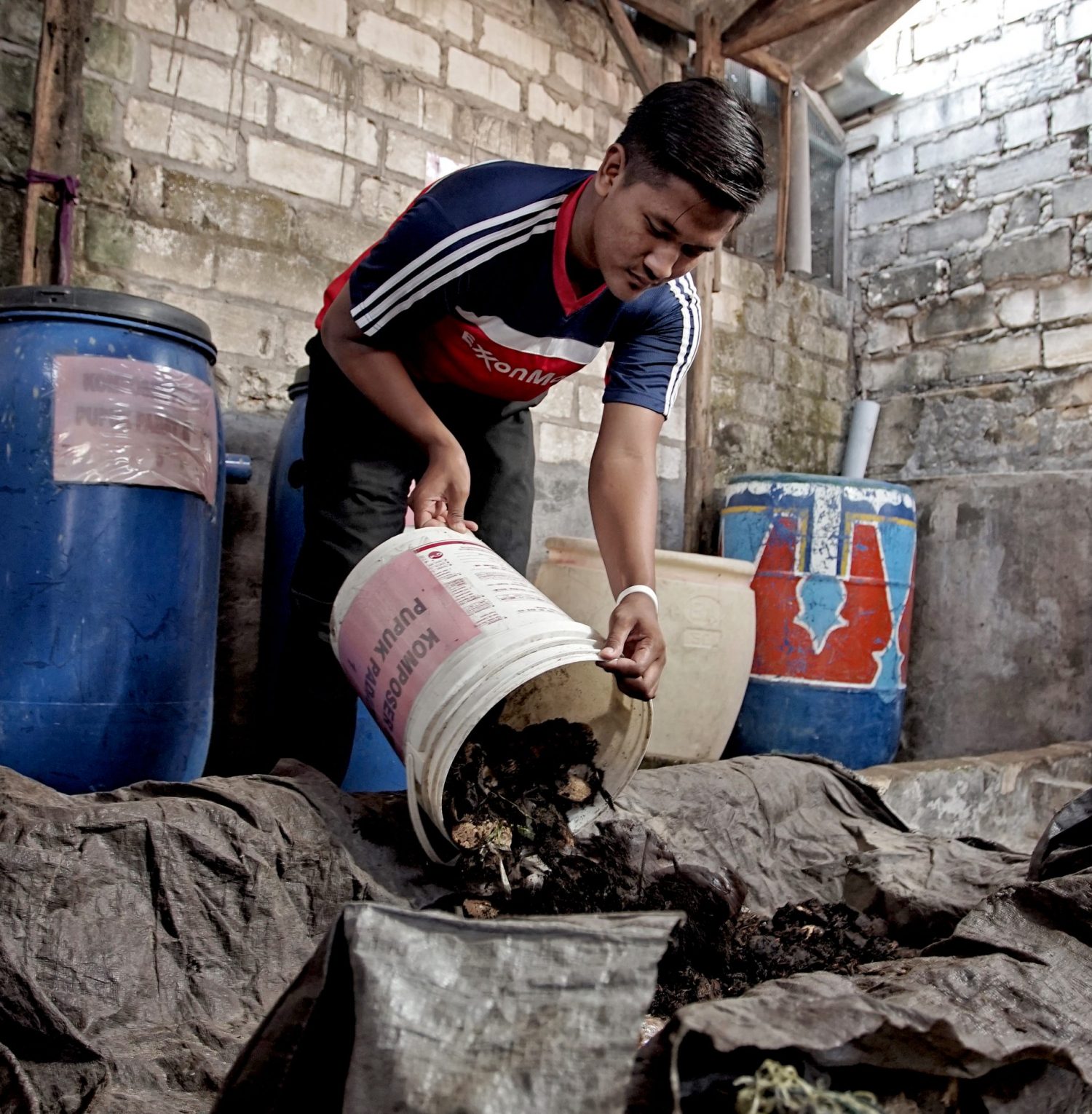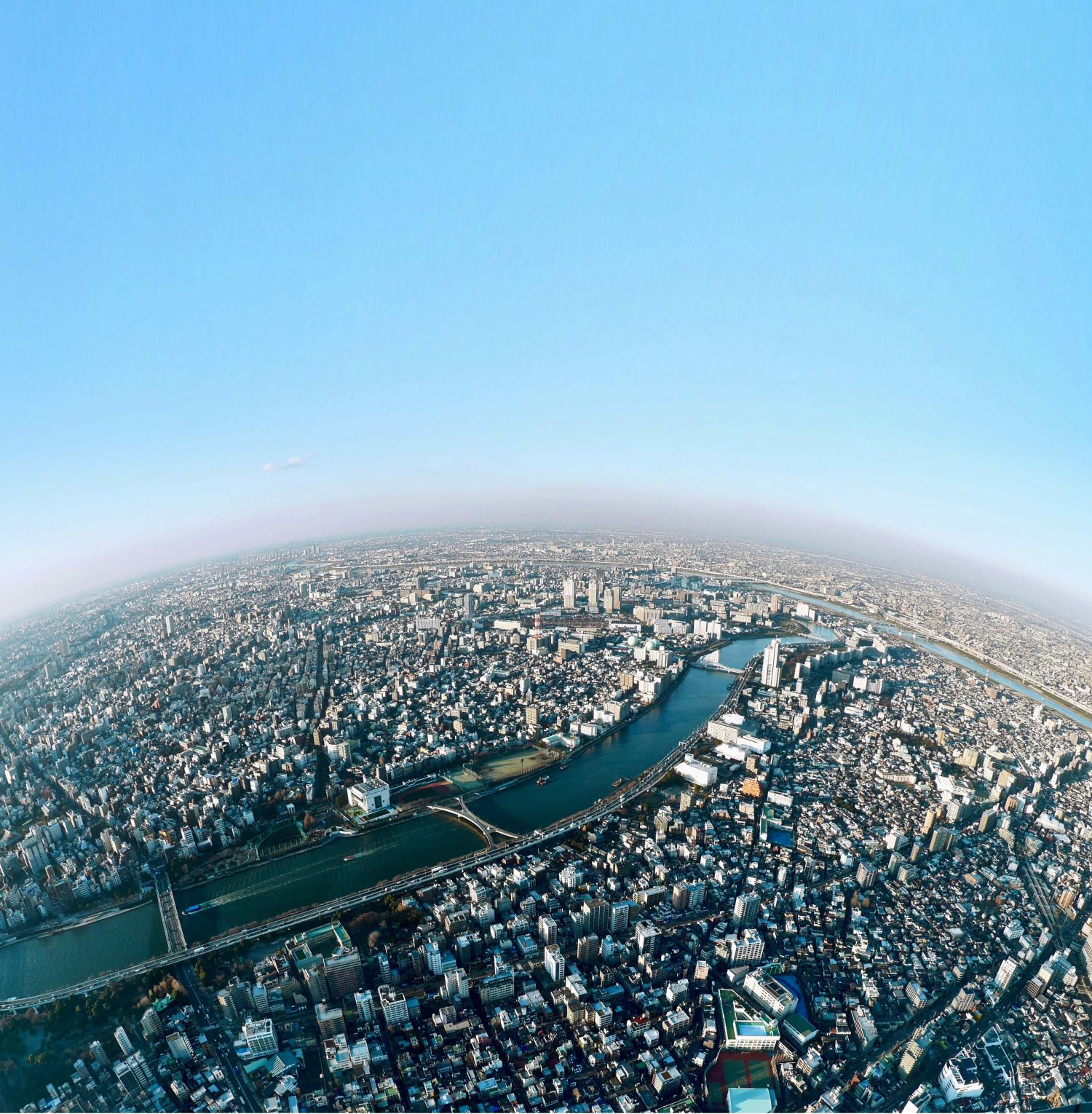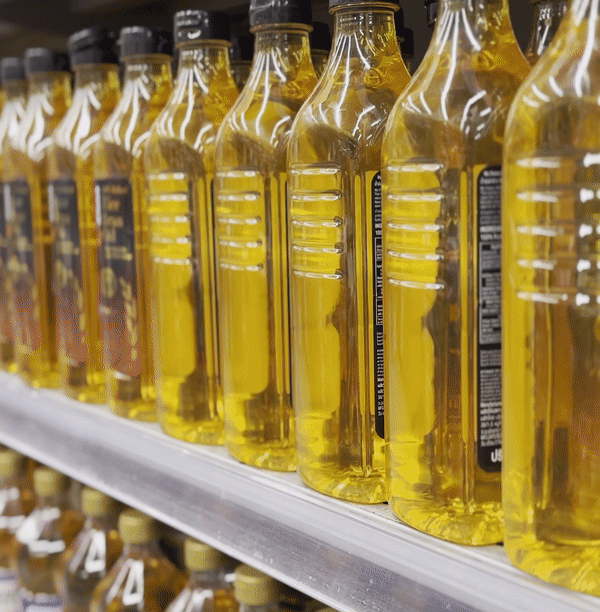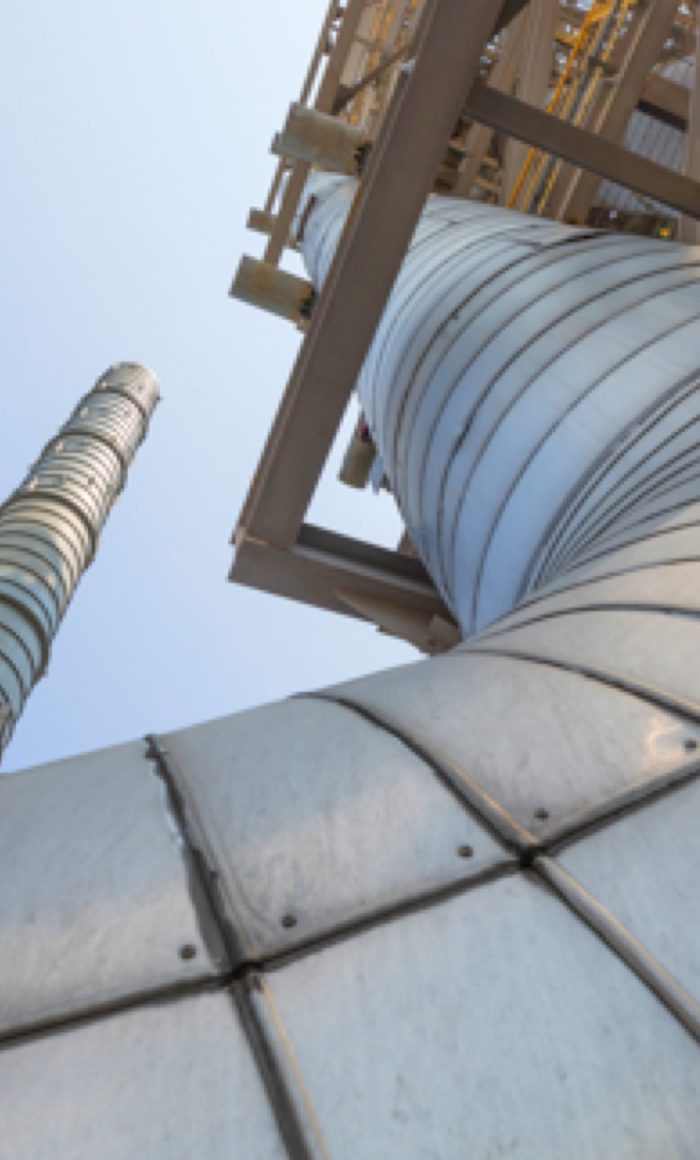A plan to help improve the health and hygiene of an Indonesian village has transformed the town, turning waste into profit.
The residents of the Karangagung village in the Tuban region of East Java were facing an issue common to many villages across Indonesia: a lack of waste management and sewerage infrastructure that put their health, and lives, in danger.
“Piles of garbage on the street and even in fishponds were a daily scene,” said a local resident known only as Huzairi.
He said this situation was made worse by a lack of available public toilets, creating issues with organic waste.
“Things had to change,” he said.
So, when an opportunity to clean the streets – and improve lives – arose, he jumped at the chance to be a part of it, going on to play a leading role in changing his village.
In 2016, ExxonMobil Indonesia and local non-government organisation Lembaga Pengembangan Teknologi Pedesaan (LPTP) launched a novel waste management program.
It aimed to teach residents how to improve their lives from the ground up. They were taught about waste management, namely the collection of organic waste like manure or food scraps – as opposed to inorganic waste like plastics – which would be repurposed and transformed in a ‘waste bank’. People have also been trained to make handicrafts from used packaging, which they can later sell.
“There has been a significant change in the behaviour of the villagers in managing their household waste since the program,” Huzairi said.
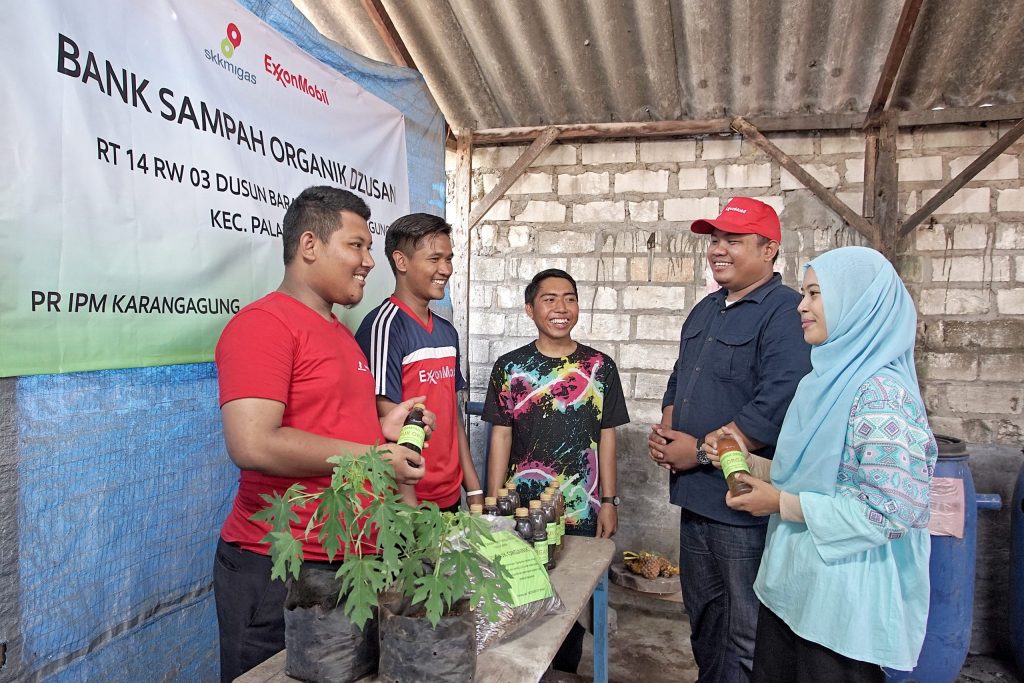
The waste bank transformed the village’s streets and gave farmers a new source of cheap, homegrown fertiliser.
After a year in action, the program has helped improve the lives and behaviour of people, and also led to the building of a large public toilet block managed and owned by the community.
It also created a homegrown supply of fertiliser from people and animals’ personal waste and food scraps which can be used by the village’s local farms.
The waste bank is currently producing 60 bottles of liquid organic fertiliser and approximately 40 kilograms of solid organic fertiliser a month. Residents sell it on to farmers, thus generating the income to keep operating.
Huzairi has encouraged his community to continue to better manage their garbage, and in turn build a healthier and cleaner lifestyle for his neighbourhood, as well as profits, for his community.
He now heads a waste bank focused solely on inorganic waste processing.
“After seeing how enthusiastic the residents are in collecting organic waste through the program, I have been motivated to increase our liquid waste production facility’s capacity, as the sale of the fertiliser has been very profitable,” Huzairi said.
